We kindly inform you that, as long as the subject affiliation of our 300.000+ articles is in progress, you might get unsufficient or no results on your third level or second level search. In this case, please broaden your search criteria.
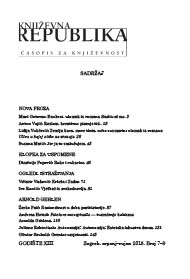
Polazište mojih promišljanja je dijagnostička teza da tendencije ukidanja granica u umjetnosti tijekom posljednjih četrdeset do pedeset godina suprotno često iznošenim pretpostavkama ne napadaju ideju estetske autonomije kao takve, nego samo njezin objektivistički nesporazum, kakav se između ostaloga očituje u ideji promatračke nezavisnosti umjetnosti. To i način na koji je umjetnost tijekom posljednjih dekada bila usmjerena na promatrača ne proizlazi iz nekog umjetnosti stranog zanimanja za promatrača, nego iz činjenice da umjetnost uzima ozbiljno vlastitu estetičnost, a to znači: svoj zahtjev za estetskom autonomijom.
More...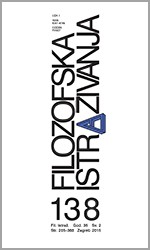
The notion of origin has different meanings in the philosophy of Presocratics, Heidegger’s and in postmodern philosophy. That notion should differ from the historical origin and notion of abyss (Urgrund). In philosophy, the question of origin is a question of foundation and authenticity. Horizon does not only refer to future while the origin is not only something referred to as the past. Origin and horizon are based on the Here and Now: they both belong to a changeable world, the only one in which our “eternity” is possible. We equate the notion of eternity with the notion of value, value in the sense of something worth living for, or value which designates our world, and as such “eternity” is also in its essence historical and a mirror of our present.
More...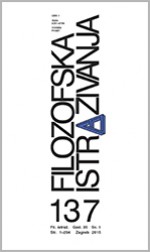
Philosophy of history in its essence includes the idea that human history has its own meaning, the beginning and the end, that there are driving forces of history, that historical process during its own linear, progressive development aims to fulfil its own purpose and objective, whose realisation leads to the eschatological end of history. The approach of philosophy of history to the world history as a meaningful wholeness with its beginning and end is not known in the ancient foundations of Western European tradition. In Ancient Greek philosophy, which influenced Albert Camus’ Mediterranean thought, historical events were mainly seen as circular movement analogous with the nature. Refusing historical absolutism which sacrifices the man’s present for the sake of an eschatological future, Camus returns to the invincible postulate of the human nature whose secret has been kept by the Mediterranean. With his Mediterranean philosophy Camus confronts moderation with perfection, nature with history, revolt with revolution, carpe diem of the present with eschaton of the future, the sunny thought of the Mediterranean with the darkness of the European North.
More...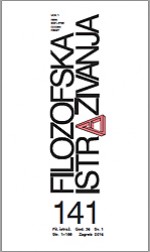
Obwohl sich Stjepan Zimmermann zeit seines Lebens mit der noetischen Problematik beschäftigt hat, versucht man in diesem Beitrag – ausgehend von seinem Werk Die Grundlagen der Philosophie (Temelji filozofije) aus dem Jahr 1934 – die Frage zu beantworten: Was Zimmermann unter der „Philosophie“ überhaupt versteht, welche „Fundamenten“, den „Sinn“ und die Tragweite sie überhaupt hat? Trotz seines Versuchs, die Philosophie „noetisch“ zu begründen, geht er über ihr scholastisch-neuscholastisches Verständnis als die „Theodizee“, als die Berechtigung Gottes in der Geschichte nicht hinüber, womit sich eher Philosophie, als Theologie beschäftigt.
More...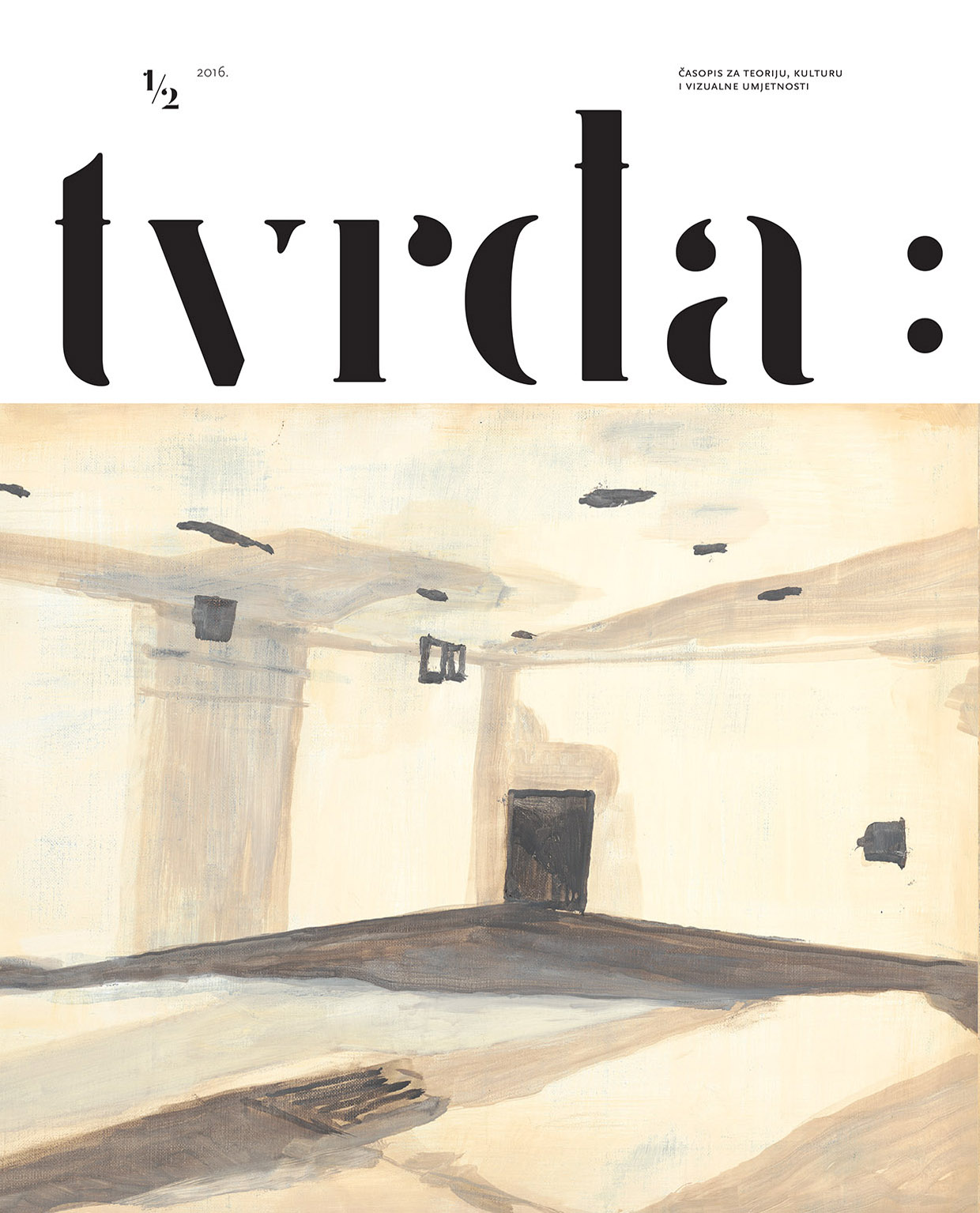
Francuski filozof Gilbert Simondon uz Heideggera i Gunthera ima zacijelo najistaknutije mjesto kad je riječ o promišljanju tehnike u 20. stoljeću. Usto, pojmove koje je razvio u dijalogu s američkom kibernetičkom tradicijom, spekulativnim nasljeđem novovjekovnoga racionalizma i materijaliz ma od Spinoze do Bergsona, te osebujnim rastemeljenjem metafizike kao hilemorfizma Platona i Aristotela, a najvećim ih je dijelom kasnije stvaralački prisvojio Gilles Deleuze, susrećemo danas u različitim teorijskim sučeljavanjima između ontologije ≫realizma≪ i ≫konstruktivizma≪.
More...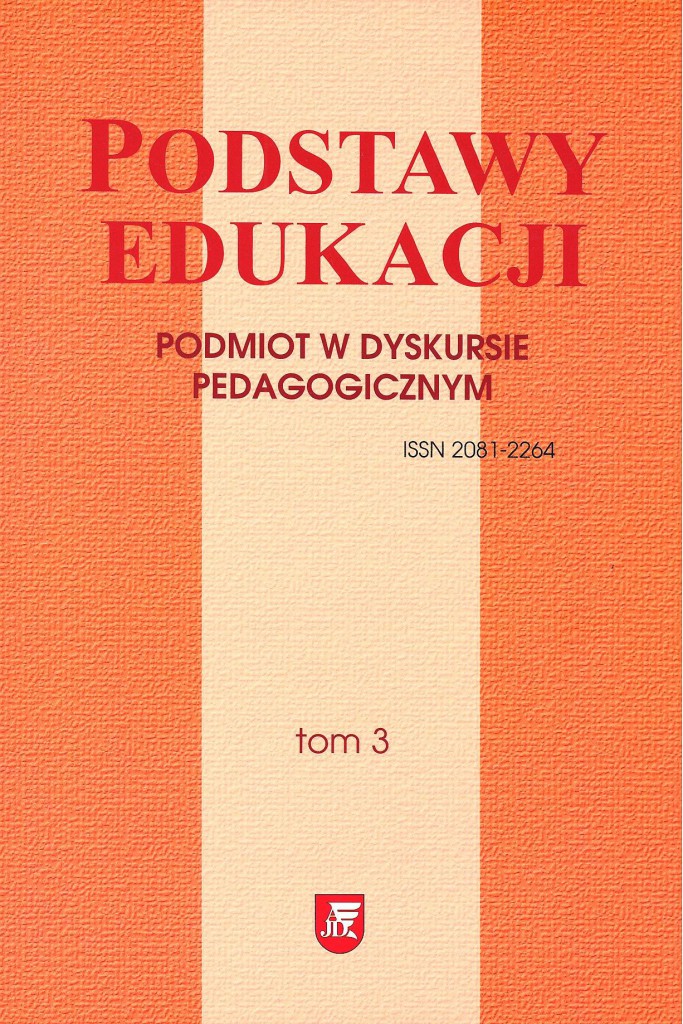
Who is the subject of the contemporary civilization? Is it a being most generously endowed by nature, autonomous and sovereign, possessing qualities characteristic solely of nature, the qualities which make it superior to other beings? Or is it still a problem to be solved? Is it a being realising itself autonomously? Is it a being negotiating or fighting with identities imposed on it by the culture in which it functions? What makes it possible to know this subject? Is it its presence in the world itself or is it its life? Is this subject “a lord of the existence” or is it “a shepherd of the existence”? These are the questions which still engage the imagination, mind of not only philosophers but also educators, psychologists and sociologists. These questions rise from various traditions: humanistic and post humanistic, from the expanses “furnished” with various figures. And it is these traditions that constitute the topic of narration: Expression as one of the ways of subject’s being in the world. Inspirations from Heidegger (and others).
More...
The article undertakes a problem of interlocutors interaction in a dialogue. The author is mostly interested in the interaction and influence of one person on another one. The text tries to describe a dialogue’s process and it shows different phases of it in a dialogue. Moreover, the author attempts to define a dialogue’s concept, pointing it main features. The text closer brings a different interpretations of problems in a dialogue, taking viewpoint of the dialogue philosophy and existentialism into consideration. The problem of dialog concerns each of us, but it is very momentous and current problems in philosophical and pedagogical debate.
More...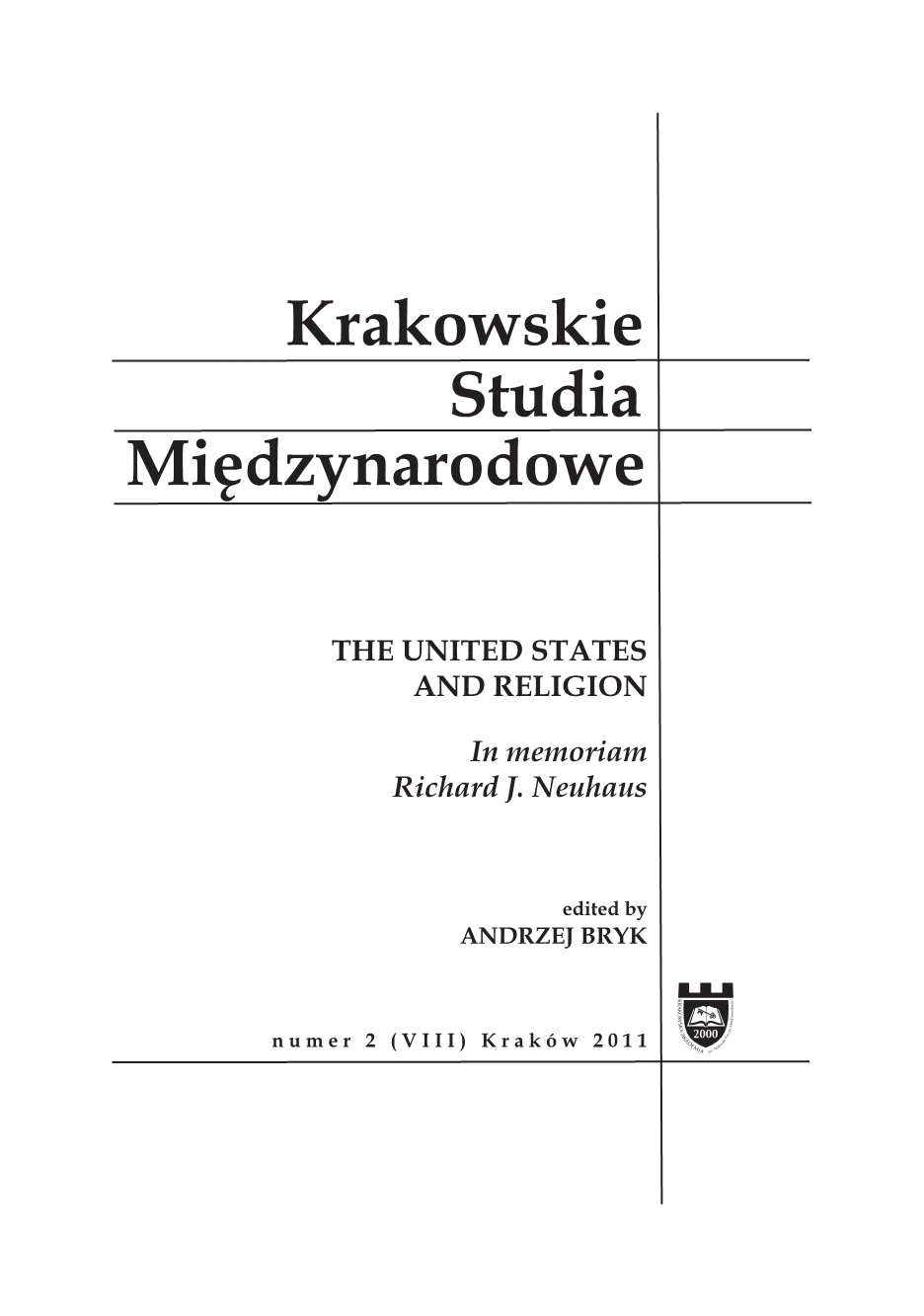
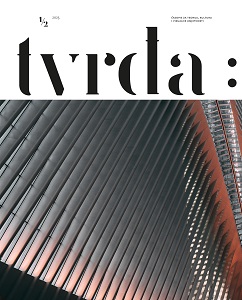
Pitajmo se: Zašto ljudi rade? U svome Uvodu u čitanje Hegela, Alexandre Kojève objašnjava podrijetlo rada pozivajući se na početnu scenu bitke u Hegelovoj Fenomenologiji duha. Prema Hegelovom opisu, dvije se samosvijesti međusobno bore – i jedna od njih pobjeđuje. Druga samosvijest tada ima dva izbora: (1) umrijeti ili (2) raditi kako bi zadovoljila želje pobjednika.1 Dakle, vidimo da se pojavljuju dvije vrste ljudi: gospodari i sluge. Hegelovi gospodari bi radije umrli nego radili za druge, dok su sluge prihvatili svoju sudbinu i rade za druge do smrti. Ako tako slijedimo Hegela, to znači da nitko od nas nikada ne radi na zadovoljenju vlastitih želja. Naše želje i potrebe zadovoljavaju se agresijom, nasiljem i dominacijom – ne radom. Radnici – sluge u Hegelovoj dihotomiji – potiskuju vlastite želje da bi zadovoljili želje gospodara.
More...
Ovo je radikalno revidirana i proširena verzija kratkog eseja koji je naručio Parallax za posebno izdanje o Kojèveovom Parizu. Želim naglasiti da su ono što slijedi memoari, a ne znanstvena analiza. Ipak se nadam da će nekim čitateljima to biti od filozofskog interesa. Gotovo četrdeset godina razmišljam o Kojèveu, kako o njemu samom, tako i odnosu na drugog velikog učitelja, Lea Straussa. Strauss je podržavao Nietszcheovu opasku da je dužnost učenika prema učitelju da ga ubije. Ovaj savjet, koji nisu razumjeli mnogi od onih koji su kasnije nazvani Straussovcima, ima za cilj osloboditi neofita za mukotrpan zadatak filozofa i za zadatak iskazivanja pravde prirodi svog učitelja. Naravno, nije mu namjera legitimirati plitak, narcisoidni izraz neovisnosti ili pretpostavljene originalnosti.
More...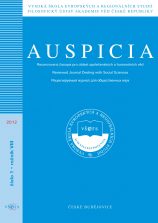
Masaryk’s concept of modern human crisis stems from historical philosophical thesis that the modern world develops from the Catholic to the Protestant way of thinking. This process of transition is not linear, but complicated and painful. One of the phenomena accompanying this crisis is the suicide rate. The negative atmosphere and fragmentation of the society dominating at the beginning of the 80’s of the nineteenth century justified Masaryk‘s view that the time is „born“ for a new religion. At the same time the concept of synergism which Masaryk undestands as man‘s activity joining the present with the eternity was formulated.
More...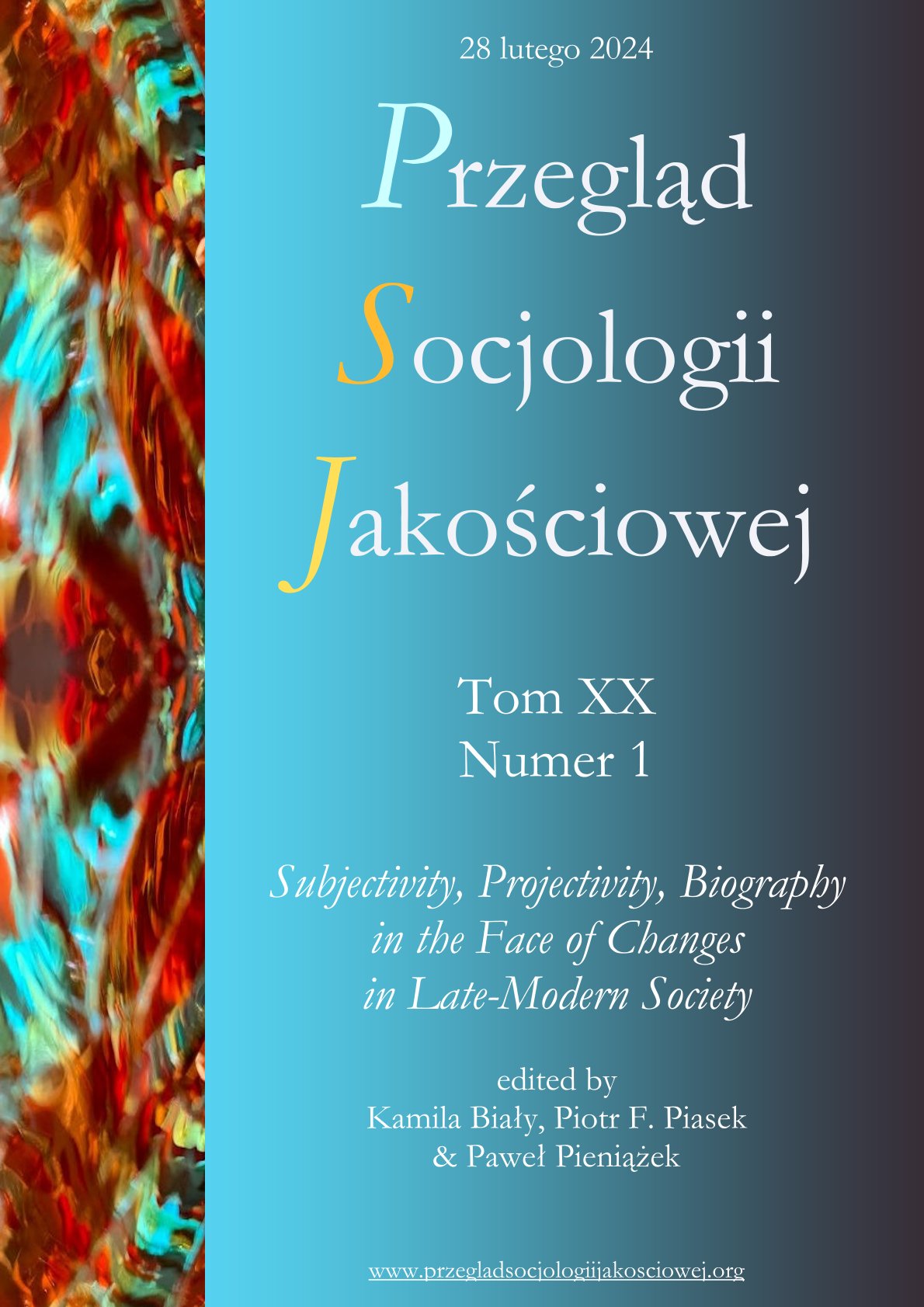
The article addresses the issue of the relationship between existentialism and late modern projectivity interpreted in terms of project work and of biographical projectivity. It does so from the perspective of transformations of subjectivity in modernity and late modernity, and, therefore, from the perspective of the process of individualization. The objective is to answer the question of the belonging of existentialism to one of these sociocultural formations. For these purposes, some major categories of existentialism such as project, anxiety, and temporality are analyzed. Their analysis leads to the conclusion that there is a close, structural correlation between existentialism and sociocultural structures of modernity as well as that existentialism, in contrast to late modern projectivity, has some emancipatory potential related to its alienating status in modernity. The article refers to the methodology of qualitative sociology.
More...
Thesis. The aim of the paper is to interpret Kierkegaard’s concept of repetition as a way of creating and experiencing authentic existence in an environment that is set up to repeat this same, inauthentic content of consciousness. Concept. Repetition is associated with determinism and represents social stagnation. Repetition creates the conditions for an inauthentic existence. The article offers an interpretation of Kierkegaard’s concept of repetition, which is the repetition of another and produces authentic existence. Results and conclusions. Repetition automatically produces of the same. The repetition of one’s choice of oneself is a process of creating spirit and individuality, which is a fundamental principle of authentic existence. Creating an authentic personality is one of the ways to solve the current crisis in society, which is associated with an inauthentic experience of existence, abdication of responsibility and repetition of lies. Cognitive value. The postmodern society associated with the use of the media is not the cause of social disorientation. It is a means that an individual uses to repeat the same. The social environment and magic themselves are not negative, the negative is the inauthentic attitude of a person to them.
More...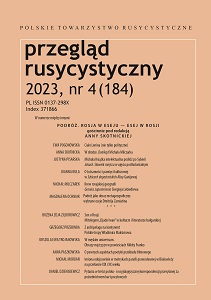
The article is dedicated to the book Donikąd (To Nowhere. Journey to the Edge of Russia, 2019) by Polish philosopher, philologist, and traveler Michał Milczarek. The author of the article pays attention to the narrator’s image, the motif of a road, and the term “nowhere”. The author argues that the writer’s perception is rooted in the child’s phantasmatization (phantasm) and philosophical concepts of existentialism, most importantly Martin Heidegger’s ideas of “the hiddenness of being” and nothingness.
More...
For centuries, there has been a belief that mourning occurs only after the death of a person close to us. This traditional mourning perception was expanded by S. Freud in the first half of the 20th century. According to him, the mourning may also be vested upon us when we irretrievably lose some important objects of attachment of our selves. This can be either another person or personal properties, capabilities, ideals, values, dreams, physical appearance, work, homeland, health, interpersonal relationships, etc. This kind of mourning frequently induces deep mental trauma and pushes a person to the brink of existential abyss. Culture provides support for those who are orphaned in struggling with it. Philosophical or religious systems of reference are of significant importance in this case. Many valuable guidelines can be found in the philosophy of dialogue by Martin Buber, which was inspired by the Hassidic wisdom. The result of these thoughts can lead to the conclusion that mourning may be converted into a possibility of human self-development and its ontic growth.
More...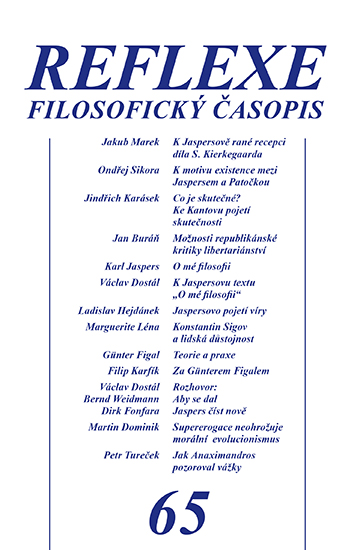
Interview with Bernd Weidmann and Dirk Fonfara discusses the contemporary relevance of Karl Jaspers' philosophy, particularly his concept of the "Axial Age," and its influence on modern thinkers. It also touches upon the challenges of engaging with Jaspers' work within the analytical philosophy mainstream and the potential impact of the collected works of Jaspers on future philosophical discourse. The interviewees highlight the existential and practical impact of Jaspers' philosophy on individuals, beyond academic discourse.
More...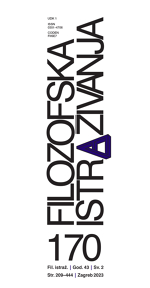
The article examines the encounter in philosophy as a topic of philosophy, i.e., as a specificity of human existence and as a milieu of pursuing philosophy. Starting from the properties of encounter, which philosophical texts, primarily Martin Buber’s dialogic, recognize and distinguish as those that belong to it in the real world, the paper analyses the changes of encounters in a virtual environment. Among several different changes, two stand out: (1) the reduced awareness of the real being in itself and (2) the impaired ability to be present for other.
More...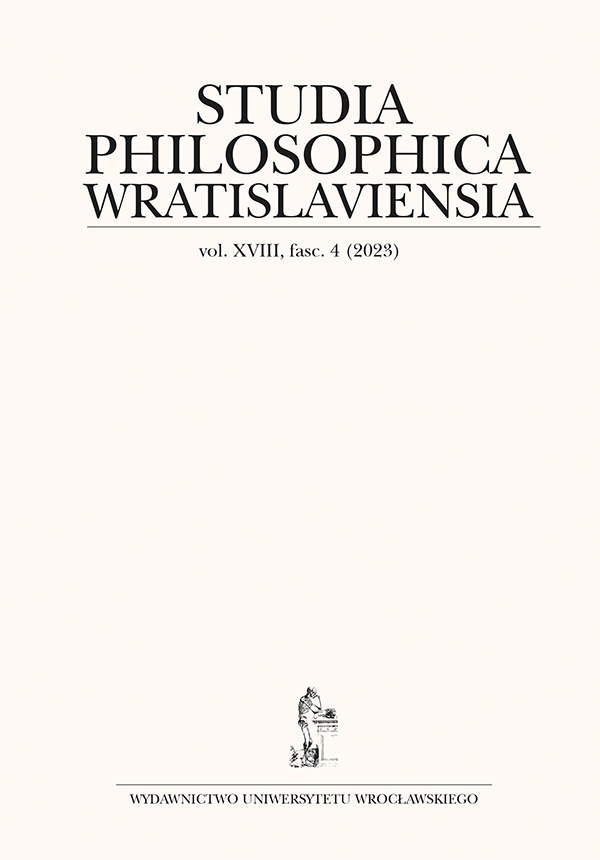
In this paper, two anthropologists explore what it means to “co-wonder” as an ethnographic and philosophical method, exemplifying what this might mean through an open-ended dialogue about a subject they hold in common—the study of death. As the “last wonder,” death brings home how the puzzle of our embodi-ment is both the source and the means for human speculation at its farthest limits
More...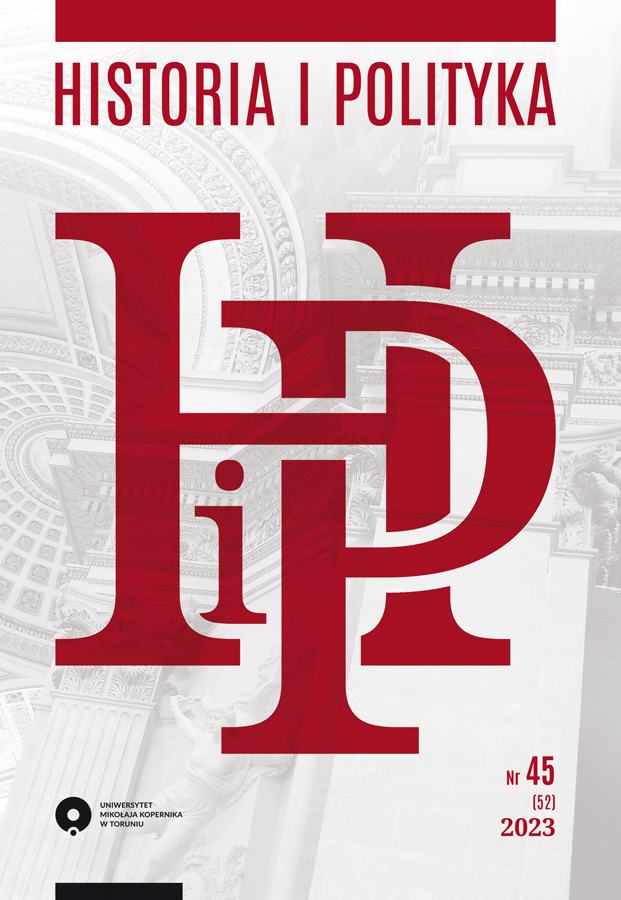
The article is the result of the author’s studies on social phenomena that have intensified over the past decades. The purpose of the considerations contained in the text is to show the actuality of the thought of F. Nietzsche in the period of postmodernism and the period that follows it. The described perspective refers primarily to the collapse of the will of individuals in the face of unprecedented social transformations. The text will draw on the intellectual output of J. Derrida, M. Foucault, or J.F. Lyotard, among others. The thesis is verified by analogies present in modern political thought. The analysis of the axiological elements contained in the works of F. Nietzsche and their impact on modern society was carried out using a monographic and observational method. The conclusions obtained are intended to reflect on modernity and the negative phenomena that have occurred in society of the 20th and 21stcenturies
More...